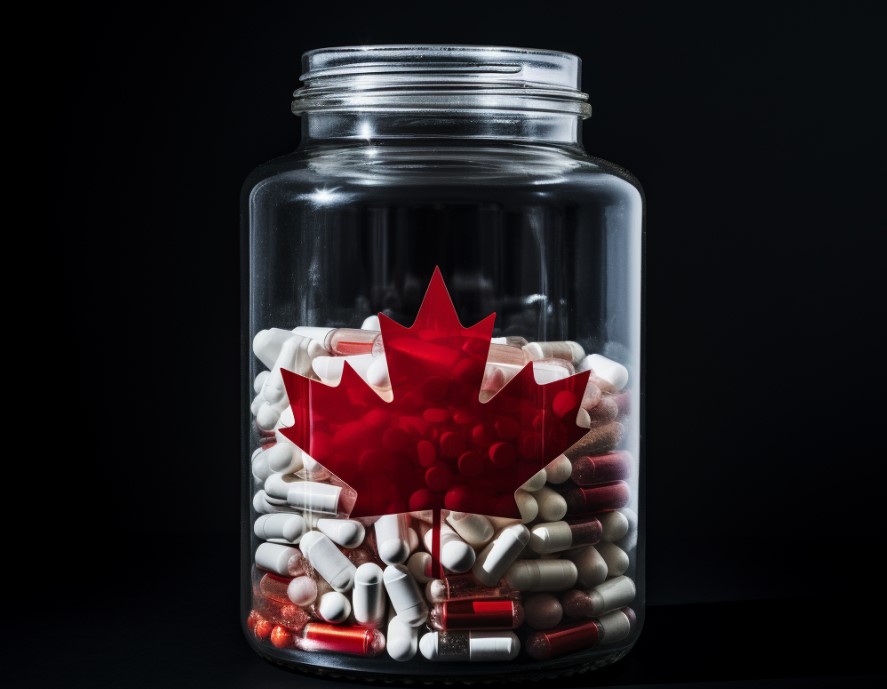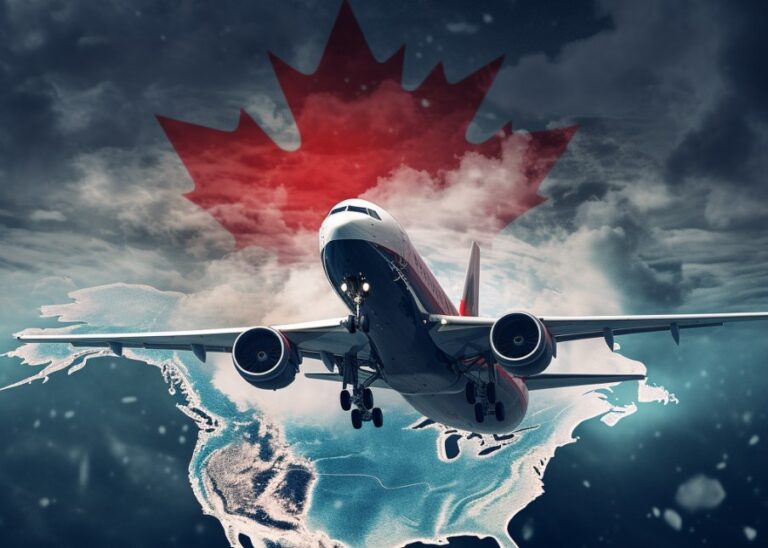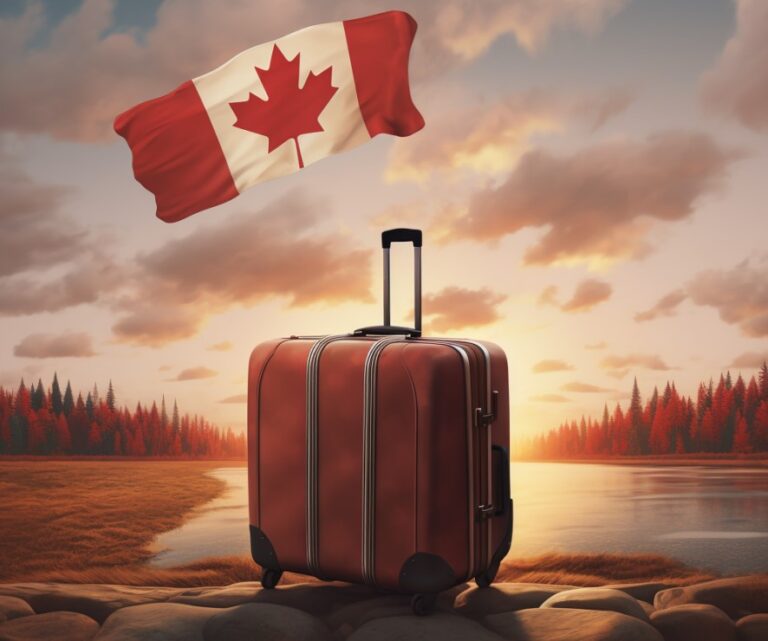Medications not allowed in Canada
Canada has strict regulations on the importation of prescription drugs and controlled substances. Some drugs that are legal in other countries may be illegal in Canada, and vice versa.
List of Medicines Not Allowed in Canada
| Medication | Legal Status in Canada |
|---|---|
| Coca leaves | Not allowed |
| Cocaine (benzoylmethylecgonine) | Not allowed |
| Ecgonine (3–hydroxy–2–tropane carboxylic acid) | Not allowed |
| l-ioflupane | Allowed |
Here are some important things to know about bringing medication into Canada:
Controlled Substances
Canada has strict regulations on the importation of prescription drugs and controlled substances. Some drugs that are legal in other countries may be illegal in Canada, and vice versa. Before you travel in or out of Canada, it is important to check if your medication contains controlled substances. Controlled substances include:
- Morphine
- Oxycodone
- Methadone
- Hydromorphone
If you are travelling with prescription medication containing controlled substances, you must declare the medication to customs when you arrive in Canada. The medication must be for you or for a person you are responsible for who is travelling with you. It can also be for an animal travelling with you. The medication must be in its original, labelled container and you must have a copy of the original prescription. You should also carry a doctor’s note explaining why you are taking the medication.
We also recommend reading our pages on What can you not bring to Canada? and How much to travel to Canada for 1 week
Prescription Drugs
Canadian residents are generally not permitted to import prescription drugs by mail or courier. In certain cases, exemptions exist for Canadian residents who have a prescription from a Canadian doctor and are travelling outside of Canada for a short time. If you are travelling to Canada and need to bring prescription drugs with you, you must declare the medication to customs when you arrive in Canada. The medication must be for you or for a person you are responsible for who is travelling with you. It cannot be for an animal. The medication must be in its original, labelled container and you must have a copy of the original prescription. You should also carry a doctor’s note explaining why you are taking the medication.

Health Products
If you are travelling with health products, such as over-the-counter medication, dietary supplements, or herbal and homoeopathic products, you should keep them in their original, labelled containers. Some health products that are legally available in Canada may be illegal in other countries. Before you leave Canada, you should find out if your health products are legal in the country you plan to visit. You can consult the health section of the destination-specific travel advice and advisories on the Government of Canada website or contact the foreign government office accredited to Canada of the country you plan to visit.
Where can I get OTC medication in Canada?
Here are some pharmacies in Canada where you can get over-the-counter (OTC) medication:
| Pharmacy Name | Website |
|---|---|
| Your Canada Drug Store | Your Canada Drug Store |
| Mednow | Mednow |
| Canadian Pharmacy King | Canadian Pharmacy King |
What About Bringing Medicines Into Canada Without A Prescription?
Canadian residents are generally not permitted to bring prescription drugs into Canada for people or animals, whether they carry them across the border or have them delivered by mail or courier. However, exemptions exist in certain cases, and specific import requirements and conditions apply. Residents of Canada are also advised to keep their medication in their carry-on luggage when travelling and to ensure that they meet the legal requirements for bringing medication into the country. When travelling with medication, it’s important to keep all medications in their original, labelled containers and carry a copy of the original prescription, along with a doctor’s note explaining the need for the medications.
Visitors to Canada are restricted to bringing no more than 90 days of medication at any one time, and they should keep their medication within reach in their carry-on luggage. Prescription and essential non-prescription medications are exempt from liquid, aerosol, and gel restrictions, but they should be ready to present them to the screening officer. It’s also recommended to pack all medication in the carry-on baggage and place it in an easy-to-reach location.
Conclusion
In conclusion, it is important to be aware of Canada’s regulations on the importation of prescription drugs and controlled substances. Some drugs that are legal in other countries may be illegal in Canada, and vice versa. If you are travelling with medication, you should declare it to customs when you arrive in Canada and keep it in its original, labelled container. You should also carry a copy of the original prescription and a doctor’s note explaining why you are taking the medication. If you are unsure about the legality of your medication in Canada, you should contact the foreign representatives in Canada of the country you plan to visit.







